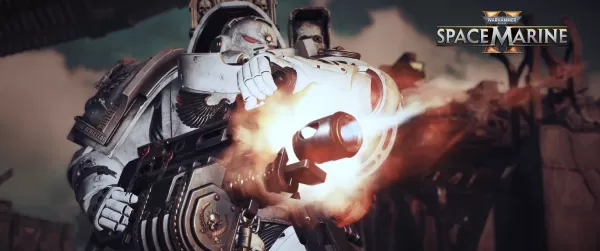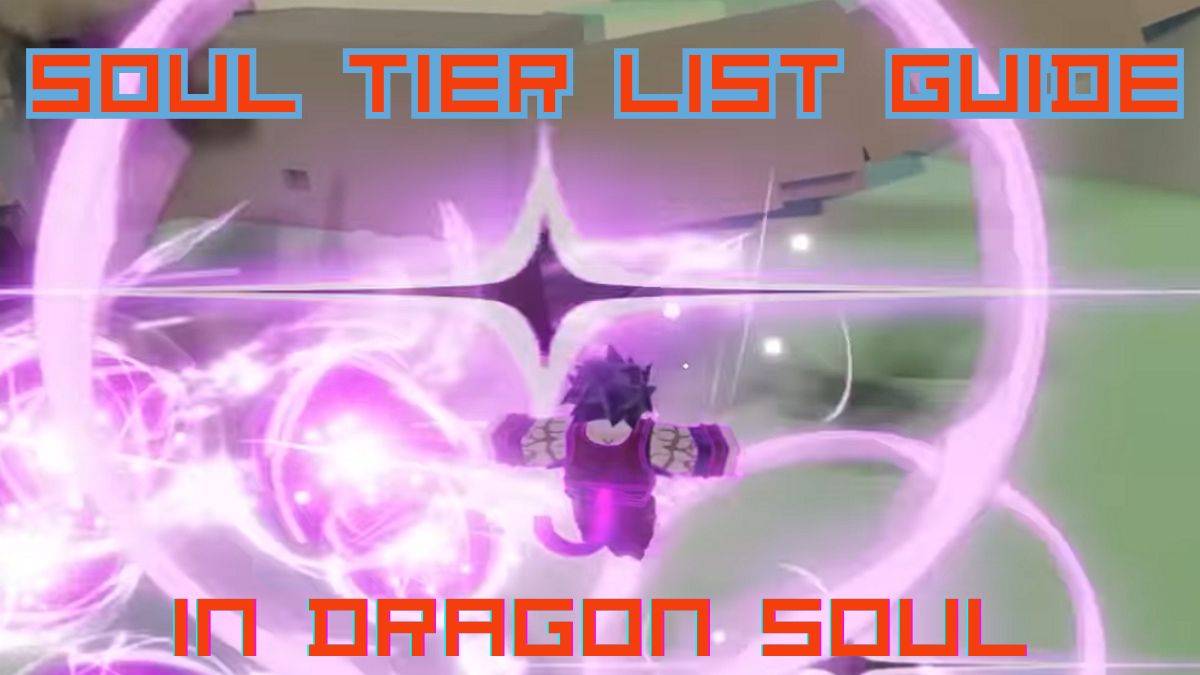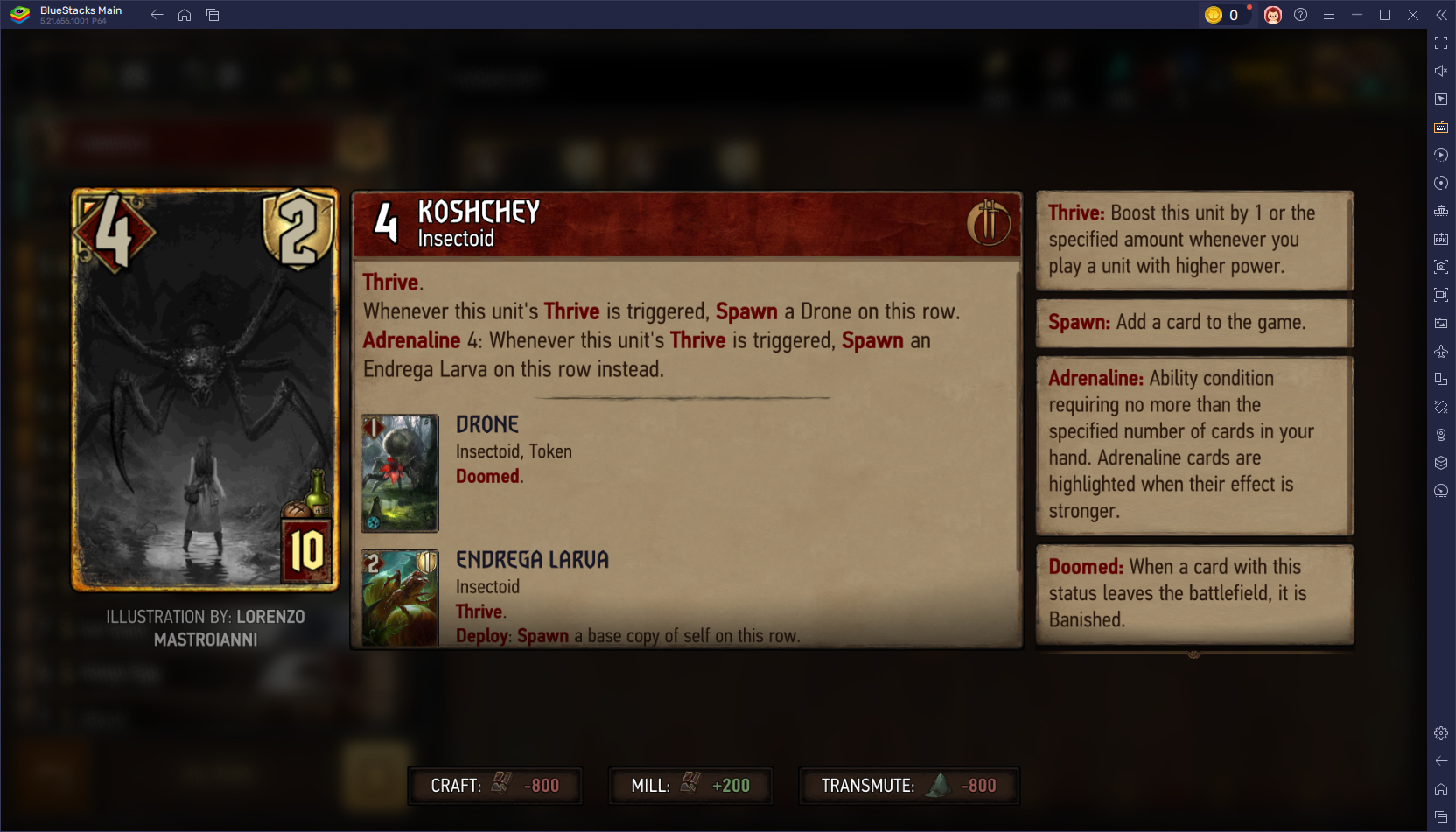God of War's Success Hinges on Reinvention
- By Jack
- Mar 28,2025
The God of War series has been a cornerstone of PlayStation gaming across four generations, starting with Kratos' vengeance-driven journey in 2005. Few could have predicted where this iconic character would be 20 years later. Unlike many long-running franchises that struggle to maintain relevance, God of War has thrived by embracing change. The most significant transformation came with the 2018 reboot, which shifted Kratos from the world of Ancient Greece to Norse mythology, altering both the presentation and gameplay. Even before this reboot, Sony Santa Monica introduced smaller, yet impactful changes that kept the series alive.
To ensure continued success, God of War must continue to reinvent itself. The shift to a Norse setting opened up discussions about future mythological landscapes, with rumors of an Egyptian setting gaining traction. Ancient Egypt's rich mythology and distinct culture make it an enticing destination for Kratos. However, a new setting alone isn't enough. Just as the series took the successful elements of the Greek trilogy and evolved them into the acclaimed Norse games, future iterations must follow suit.
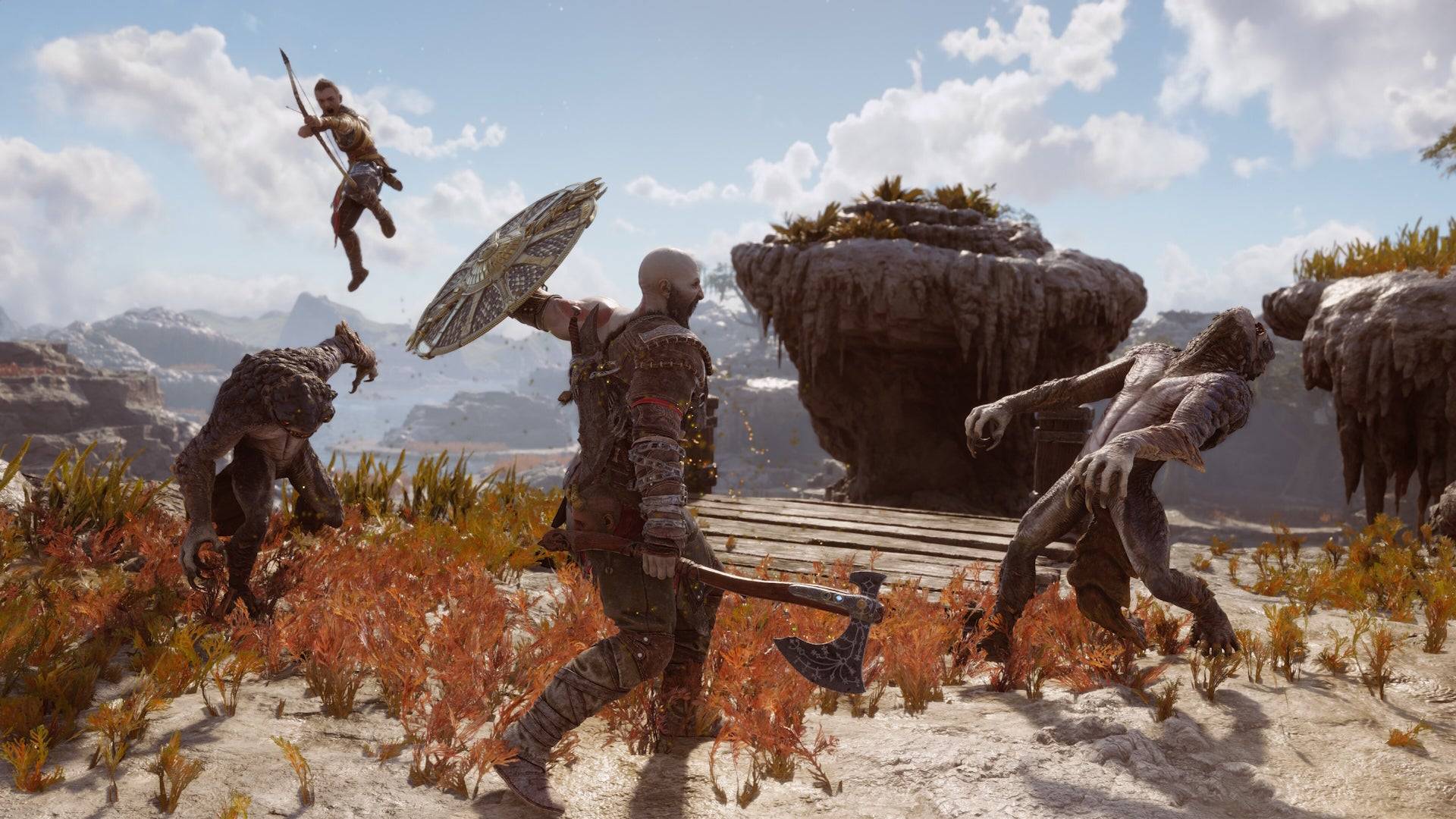
The series has always evolved from one game to the next. The original Greek trilogy refined its hack and slash gameplay over a decade, culminating in God of War 3 on the PlayStation 3, which introduced a revamped magic system and a broader range of enemies. The shift in hardware allowed for new camera angles that enhanced the game's visual impact.
The 2018 reboot, however, moved away from some defining elements of the Greek trilogy. Platforming and puzzle elements, integral to the original games, were largely removed from the Norse games due to the new third-person, over-the-shoulder camera perspective. While puzzles remained, they were redesigned to fit the new adventure-focused approach.
The God of War Ragnarök DLC, Valhalla, marked a return to the series' roots. It reintroduced battle arenas, a feature from God of War 2 onwards, adapted for the Norse setting. This not only brought back a beloved mechanic but also tied into the narrative, with Kratos confronting his past in Valhalla, thus completing a full circle in his journey.
The Norse games are not merely reinterpretations; they introduced new mechanics like the Leviathan Axe's throwing mechanics, a combat-defining parry system, and the magical spear in Ragnarök. These elements allowed for varied combat styles and exploration across the Nine Realms, each with unique challenges and aesthetics.
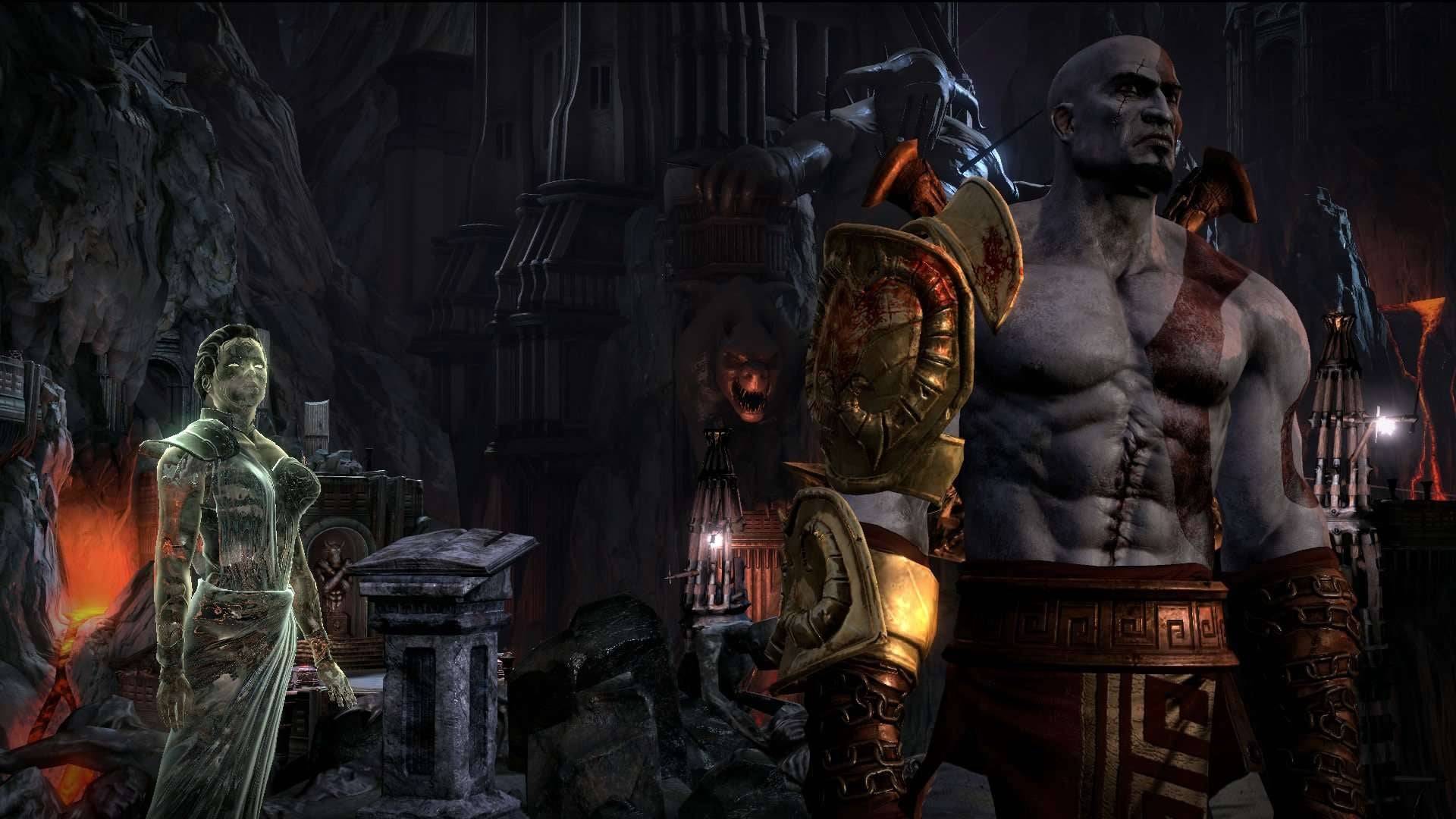
The most significant change in the Norse games is the storytelling. The narrative delves into Kratos' emotional journey, his loss, and his complex relationship with his son, Atreus. This shift from the more straightforward storytelling of the Greek trilogy to a more emotive approach has been crucial to the Norse games' critical and commercial success.
The creators view the Norse games not as traditional sequels but as extensions of Kratos' journey, a perspective that should guide future installments. Radical reinvention alone isn't a guaranteed path to success, as seen with Assassin's Creed. Despite frequent changes in setting and style, Assassin's Creed has struggled to maintain fan loyalty, particularly with the shift to an open-world RPG format. The series' narrative has drifted from its assassin roots, leading to mixed reactions and criticism over content bloat.
Assassin's Creed has attempted to course-correct with Mirage in 2023, returning to its Middle Eastern roots and shorter, more focused gameplay, which was well-received. Assassin's Creed Shadows continues this trend with a focus on stealth gameplay.
The mixed reception to Assassin's Creed's changes underscores the importance of maintaining core elements while innovating. God of War has navigated this balance successfully. The Norse games, while a departure, never lost sight of Kratos' compelling character and the series' core combat mechanics. They built upon the Greek trilogy's foundation, introducing new features like Spartan Rage options, varied weapons, and diverse combat options without losing the series' identity.
As rumors of an Egyptian setting circulate, the next God of War must continue to evolve while preserving what has made the series successful. The 2018 reboot focused on combat, but future games will likely be judged more on their storytelling, the heart of the Norse duology. Kratos' evolution from a rage-filled warrior to a complex father and leader highlights the importance of narrative. Whatever comes next must build on this strength, pushing the boundaries to create the next era's pinnacle achievement in the God of War saga.
Latest News
more >-
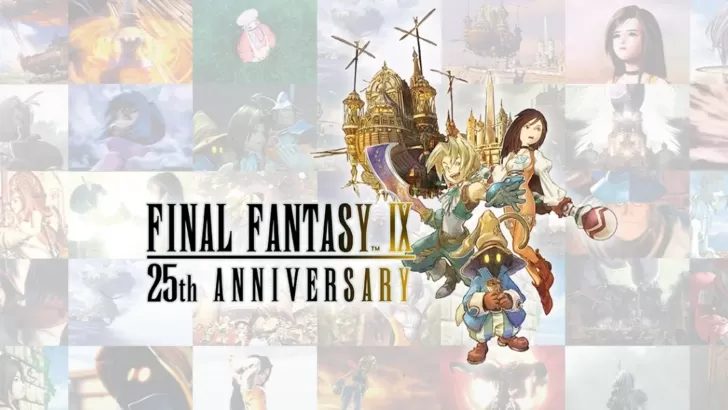
-
- Subnautica 2: Map, Vehicles, Silent Hero Details
- Dec 30,2025
-

- Valhalla Ashes: Tips for Faster Progression
- Dec 30,2025
-
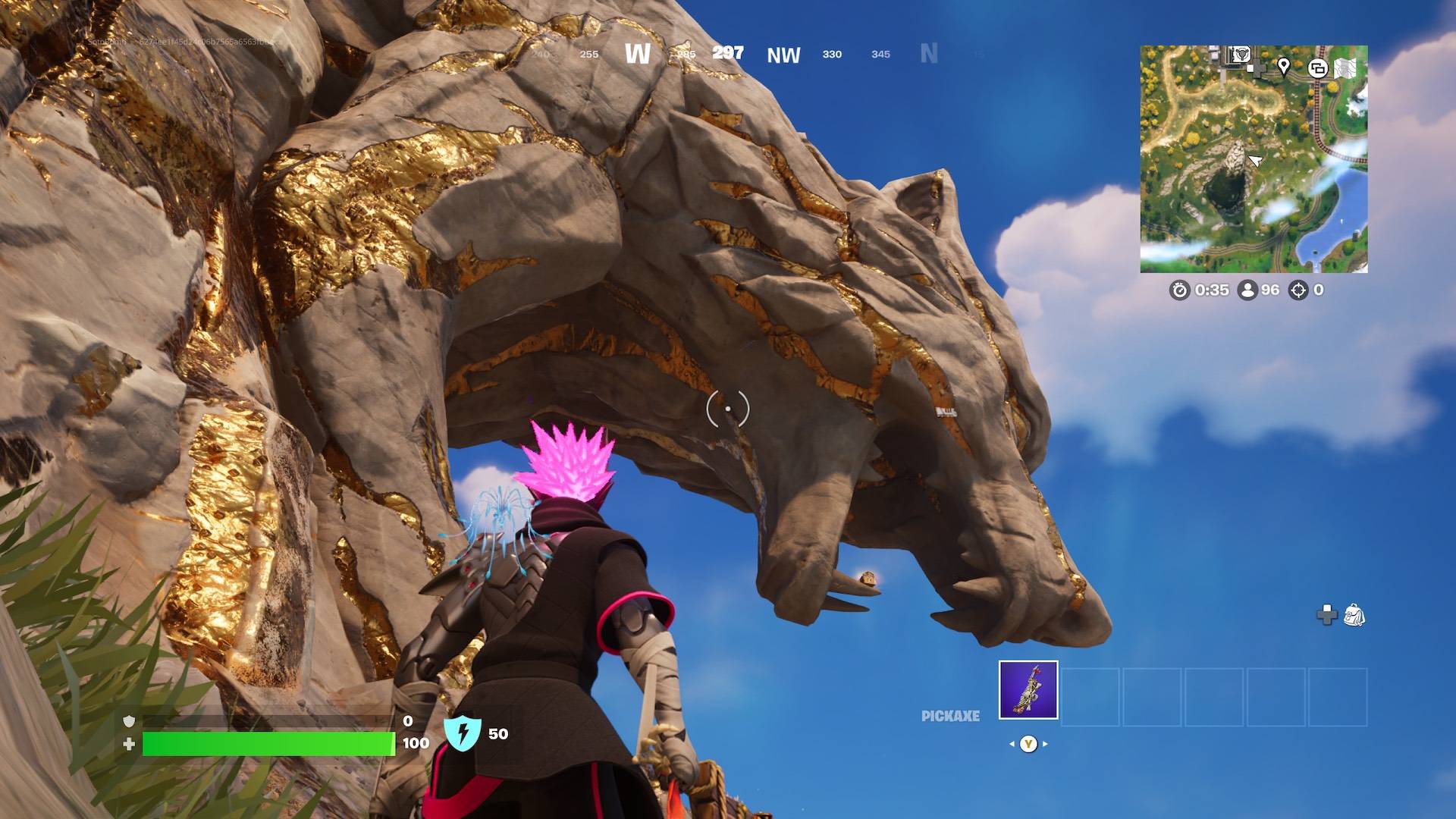
- Fortnite Ch6 S2: Secret Wolf Pack Unleashed
- Dec 30,2025
-
